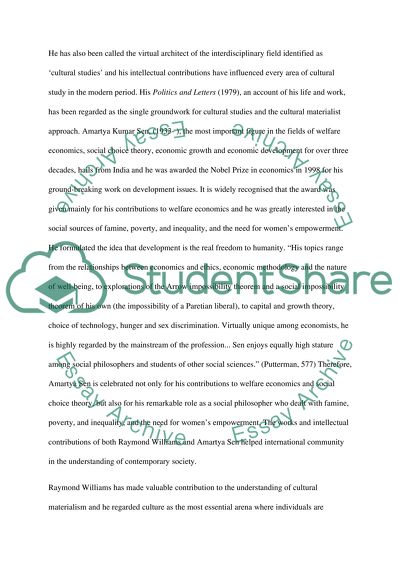Cite this document
(An Evaluation of the Intellectual Contributions Case Study, n.d.)
An Evaluation of the Intellectual Contributions Case Study. Retrieved from https://studentshare.org/sociology/1552562-contemporary-society
An Evaluation of the Intellectual Contributions Case Study. Retrieved from https://studentshare.org/sociology/1552562-contemporary-society
(An Evaluation of the Intellectual Contributions Case Study)
An Evaluation of the Intellectual Contributions Case Study. https://studentshare.org/sociology/1552562-contemporary-society.
An Evaluation of the Intellectual Contributions Case Study. https://studentshare.org/sociology/1552562-contemporary-society.
“An Evaluation of the Intellectual Contributions Case Study”. https://studentshare.org/sociology/1552562-contemporary-society.


